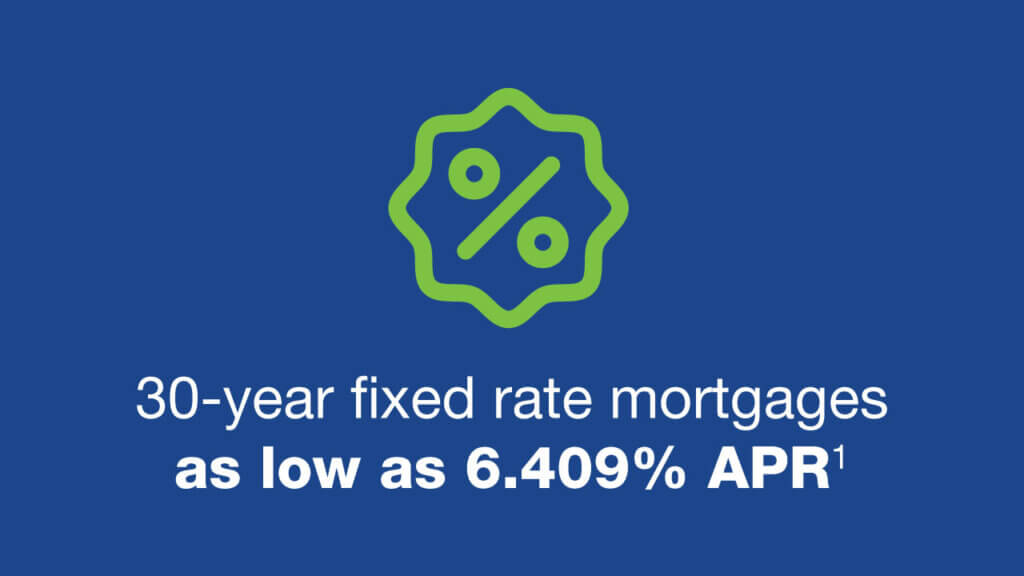If you’ve got a good handle on your finances, have excellent credit and are looking to buy a home without jumping through a lot of hoops, a conventional loan might be right for you. Learn about conventional mortgages below.
Conventional Home Loans


We’re here to help you meet your homeownership goals! We also prioritize speed for clients, with an average turnaround of only 22 days from application completion to ready-to-close for purchase loans!1

What is a Conventional Home Loan?
When most homebuyers think of home loans, they think of conventional home loans for primary residences such as the ones offered at Greater Nevada Mortgage. By far one of the most popular types of mortgages, conventional loans encompass most home loans not backed by government entities.
Offering quicker approval and generally better rates, these types of loans tend to be best suited to buyers with outstanding credit scores and low debt-to-income ratios. Remember: typically the higher your credit score, the lower your interest rate will be.
Conventional loans are also an excellent vehicle for refinancing an existing mortgage in order to lock in lower interest rates and better terms, as well as for those looking to borrow money to purchase an investment property.
Learn More about Our Conventional Loan Options
Fixed Rate Mortgages
Planning on living in your home for at least 5 to 7 years (or longer)? Enjoy peace of mind with a predictable, never-changing monthly payment.
Adjustable Rate Mortgages (ARM)
If you’re more like a tumbleweed and plan on living in your home for a shorter period, sit back and relax with a lower-than-average interest rate–at least for the introductory period.
Jumbo Loans
Stay competitive in the hottest real estate markets with a jumbo loan that makes luxury home ownership possible–just be sure to have a sterling credit score.
Doctor/Physician Loans
If you’re fresh out of med school, this could very well be your most straightforward path to homeownership available.
What is the Difference Between a Conventional Home Loan and Other Loan Types?
It’s easy to confuse the wide variety of home loan programs out there. We’re here to clear things up for you, whether you’re a first-time homebuyer or a seasoned homeowner with multiple purchases under your belt.
-
Conventional Loans vs. VA Loans
Conventional loans can be used on primary homes, vacation homes and other investment properties, while VA loans are for primary homes only — and are built for those who have served or are serving in our nation’s armed forces. Typically, a VA loan does not require a down payment, while conventional loans can be obtained with as little as 3% down.
-
Conventional Loans vs. FHA Loans
FHA loans are backed by the United States government, while conventional loans are secured by individual lenders such as Greater Nevada Mortgage. Also, conventional loans usually require higher credit scores and larger down payments than FHA loans. With conventional loans, private mortgage insurance is required when the down payment is under 20%, whereas FHA loans require FHA mortgage insurance.
-
Conventional Loans vs. USDA Loans
USDA home loans are generally for rural housing, based on eligibility determined by the United States Department of Agriculture. These loans are built for lower-income earners in order to offer a lower interest rate than they might find with a conventional mortgage. In short, conventional loans are not insured by governmental agencies.
For buyers who qualify, Greater Nevada Mortgage offers great rates on conventional loans for homes in California and Nevada.
Pros and Potential Drawbacks of a Conventional Home Loan
- Can be used on all property types
- Can often come in different term lengths versus the standard 15- or 30-year only options
- Private Mortgage Insurance (PMI) is not required if the loan to value (LTV) amount is 80% or less
- Generally, less steps are needed to close the loan versus other options that often require additional steps to be completed
- Higher credit scores required
- Generally, higher down payment amounts required
- Private Mortgage Insurance (PMI) is required if the loan to value (LTV) amount is above 80%
How to Qualify for a Conventional Mortgage
Ready to get started with a conventional loan? Follow these steps with the help of a Greater Nevada Mortgage consultant, and they’ll work with you to find the best option for your needs.
Calculate What You Can Afford
See how much you can afford to borrow on your home purchase with our mortgage calculator.
Submit Your Application
It’s quick. It’s easy. It’s online. Plus, we have a mortgage documents checklist so you know what information to gather.
Let’s Chat
All your home loan questions are answered by your dedicated Mortgage Consultant and their team as you learn about what options work best for your goals.

Everyone Deserves a Home
According to the National Alliance to End Homelessness, over 8,600 Nevadans experience homelessness on any given night. GNM’s Keys to Greater program donates a portion of the revenue from every new mortgage or refinance to community nonprofit organizations that address homelessness, and since launching in 2021, over $206,000 has been donated!

1Annual Percentage Rate (APR) is based on a loan amount of $450,000 at 80% Loan-to-Value with a credit score of 700 for conforming loans. Rates and fees are subject to change without notice. Membership with Greater Nevada Credit Union is required prior to loan funding, which is open to anyone living or working in any of Nevada’s 17 counties and members of their immediate family. Average purchase loan turnaround time is based on application completion to final approval, with all required conditions and guidelines being met awaiting the Close of Escrow date, for April 2025. This is not a guaranteed timeframe for all loan applications. Each loan transaction is different, and individual turnaround times will vary.